How to Repair Bay Window...
- Mon to Fri: 09:00 am to 07:00 pm
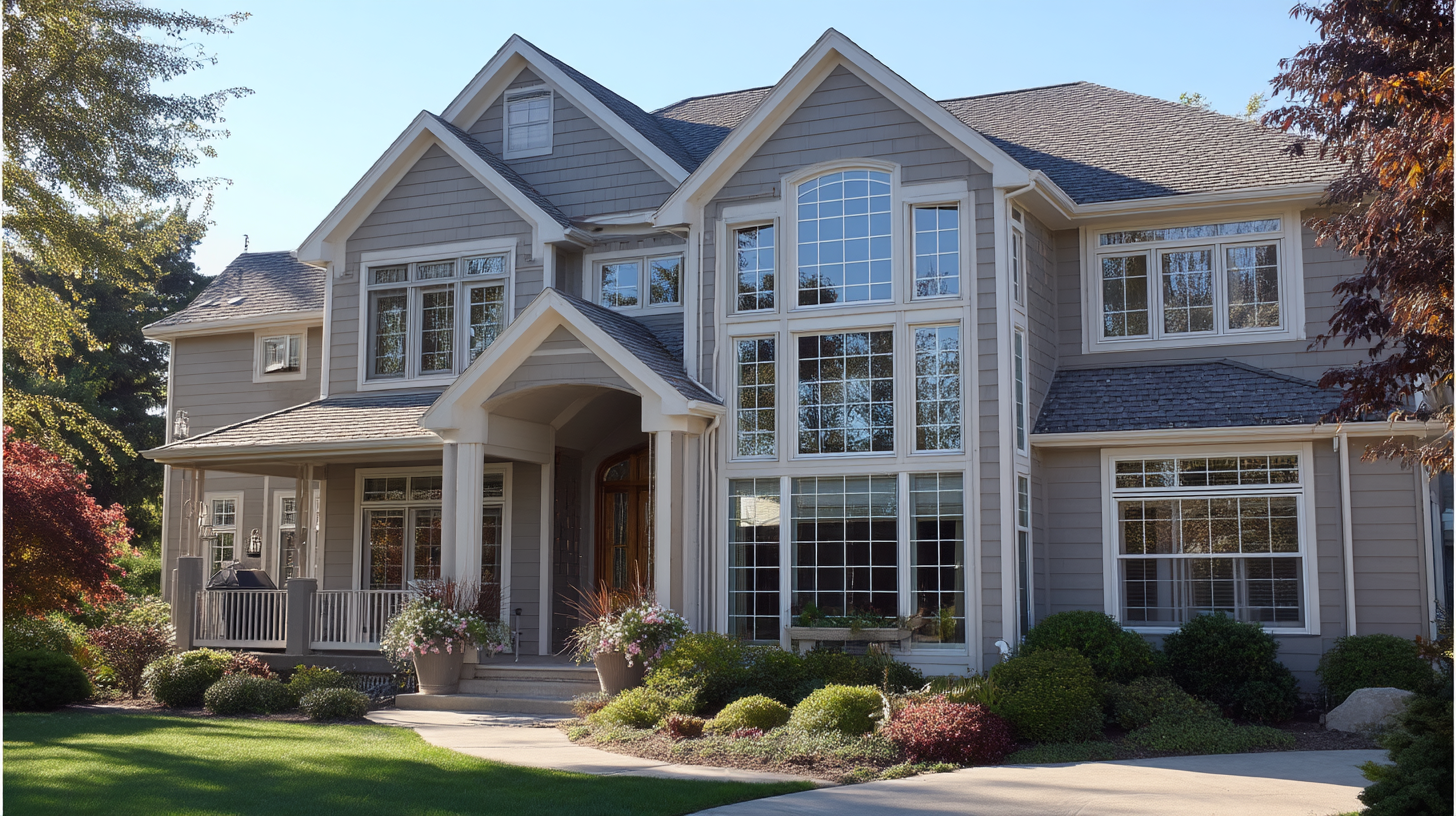
Vinyl windows refer to replacement windows whose frame is made from polyvinyl chloride (PVC), also commonly called vinyl. The window frame in these units is a plastic product manufactured in profiles, often with multiple internal hollow chambers to help provide insulation, structural rigidity, and resistance to weather. Modern vinyl windows combine these vinyl window frames with high performance glass panes, frequently double‑ or triple‑pane units, to achieve excellent energy efficiency.
When homeowners explore other window materials, such as wood windows, aluminum, or fiberglass, they often compare cost, durability, aesthetics, maintenance, and thermal performance. In that mix, vinyl replacement windows strike a compelling balance for many residential window sales projects.
In essence, what are vinyl windows? They are new windows that use PVC for the structural frame, combining that with engineered glass units and thermal technology to deliver value, durability, and comfort.
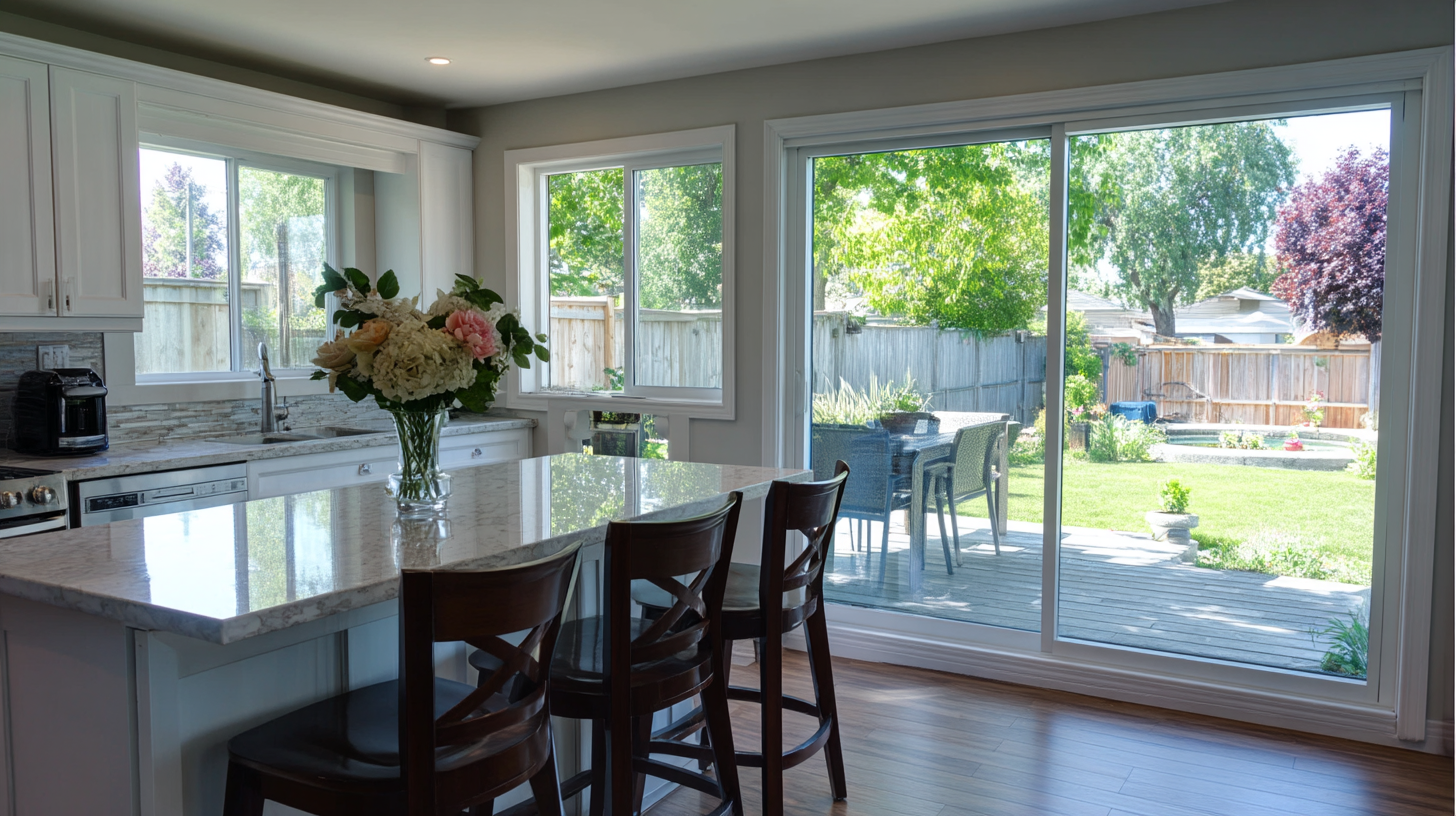
To understand how modern vinyl windows perform, it helps to look at the manufacturing process, material additives, and key features that separate high quality vinyl windows from low quality ones.
Manufacturers take raw PVC and mix in impact modifiers, UV stabilizers, and titanium dioxide pigment to produce profiles that resist discoloration, brittleness, and degradation under extreme temperatures. These additives are critical to durable performance. Without them, low quality vinyl windows could fade, warp, or crack over time.
The PVC mixture is extruded into window profiles with multiple frame chambers. These chambers both lighten the weight of the window and improve insulation by trapping air (which helps resist heat transfer). Higher end manufacturers may fill select cavities with extra insulating material. Corners are fused by welding (fusion welding) to create continuous, strong joints, which improves stability under extreme temperatures.
The vinyl window frames are combined with insulating glass panes, typically double or triple glazing, and often include low E glass coatings to reduce radiant heat exchange. Many manufacturers also use argon or krypton gas fills between panes to further slow heat transfer. The quality of the glass package often has a greater impact on energy efficiency than the frame alone.
These key features, multi‑chamber frames, fusion welds, additives, premium glass packages, help provide insulation, resist warping or deformation in hot or cold climates, and maintain long life with low maintenance. Poorly made vinyl windows without these features tend to perform worse and degrade faster.
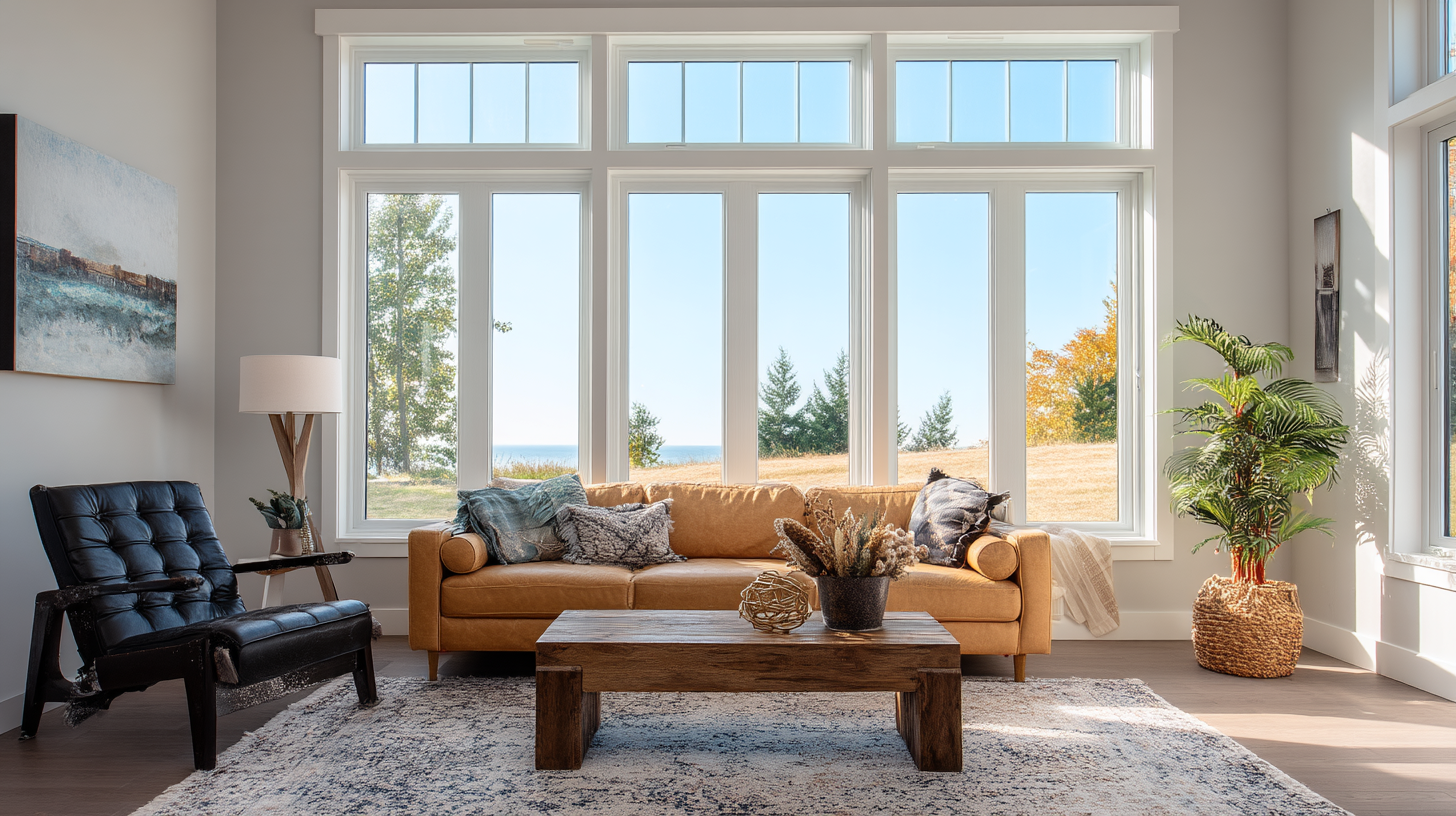
When homeowners ask whether vinyl windows are good, the advantages, especially for residential window sales, are substantial. Below is a list of the common benefits.
Vinyl windows are naturally more energy efficient than many other window materials. The PVC frame resists conduction better than aluminum, and with proper glass packages, the overall unit helps reduce heating/cooling losses. In many structures, installing energy efficient vinyl replacement windows can lower energy costs significantly over time. Some estimates suggest savings of 10‑20 % on utility bills, depending on the starting condition of old windows. This makes them appealing for homeowners focused on efficiency.
High quality vinyl windows resist rot, moisture, corrosion, insects, and pests, unlike wood windows which can suffer decay or termite damage, or aluminum which can corrode. The additives and reinforced design make vinyl windows durable even under extreme temperatures. With proper installation, vinyl replacement windows often last 20 to 30 years or more.
One of the most attractive selling points is low maintenance. The PVC surfaces don’t require repainting, sanding, or sealing over time. Easy cleaning is typically just soap, water, and a soft cloth. Because the vinyl color is baked in with UV stabilizers and titanium dioxide, the aesthetic remains stable. For homeowners unwilling to spend time on upkeep, that’s a big win.
In many markets, vinyl windows cost less per square foot than wood or fiberglass options. While premium glass packages or color options may raise the price, vinyl remains a strong value for residential window sales. Given the durability and performance, vinyl replacement windows often provide excellent return on investment.
Contrary to older perceptions that vinyl is limited, modern vinyl windows offer many styles, such as double hung, casement, sliding, and specialty shapes like bay or bow windows. You also get color options, decorative grids, and hardware choices. While you can’t paint the frames later without risking warranty issues, you can select finishes that match your design aesthetic.
Vinyl windows are often the ideal choice in situations such as:
There are cases where other window materials such as wood or fiberglass may be more appropriate:
In many cases, hybrids or clad‑wood windows combine advantages, but vinyl windows remain among the most practical overall.
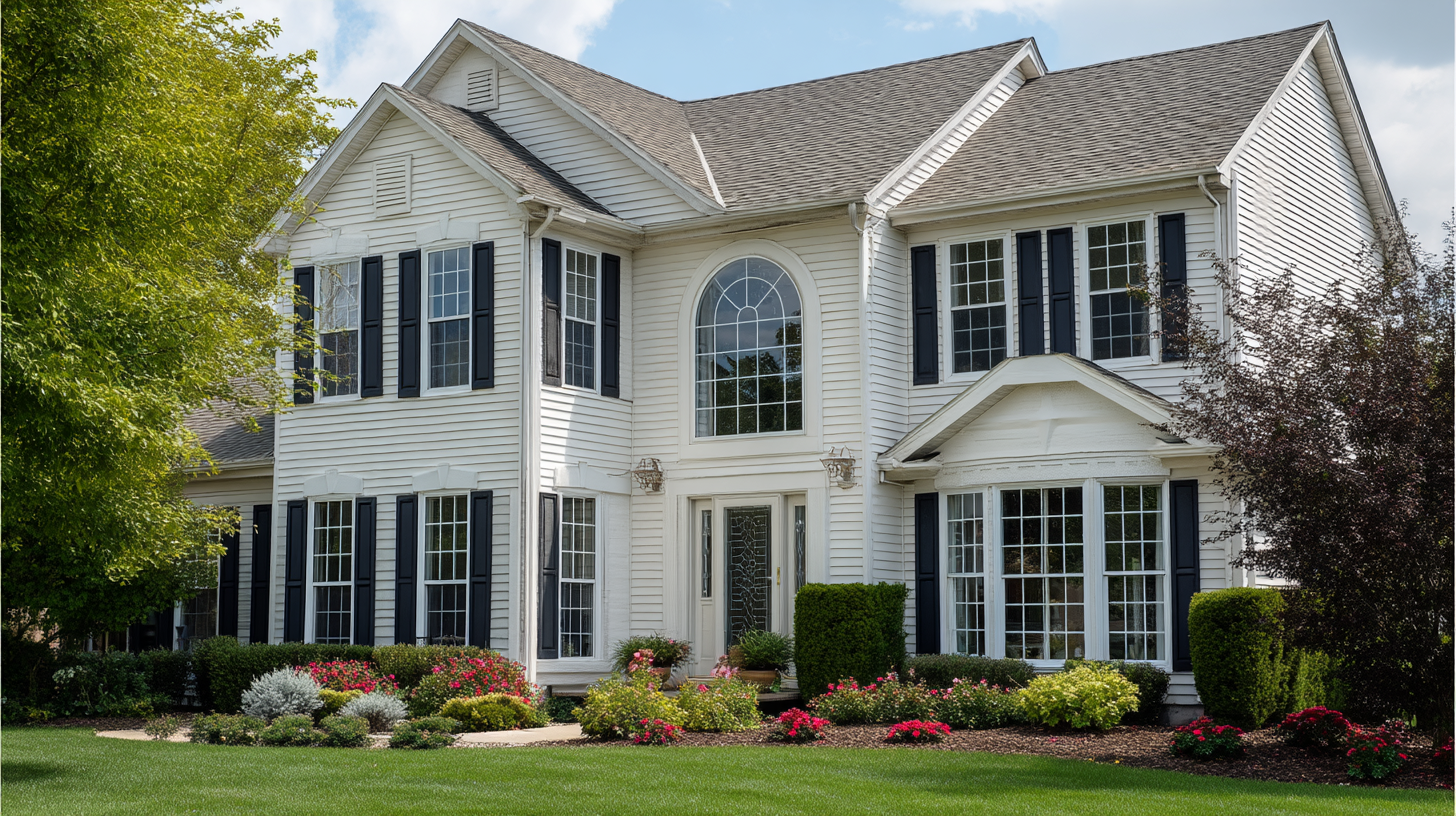
Vinyl requires little maintenance, resists rot, and is more affordable. Wood windows offer classic beauty and can be painted or refinished, but require continual maintenance, can warp, and are more sensitive to moisture damage. Over time, maintenance costs on wood often offset initial aesthetic appeal.
Fiberglass windows are very stable and resist expansion and contraction better than vinyl, but come at a higher cost. Some homeowners pay more for fiberglass because of its dimensional stability and longevity. However, for many residential window sales, quality vinyl offers nearly comparable performance at lower cost.
Aluminum frames conduct heat and cold readily, which leads to poor insulation unless thermal breaks are added. Vinyl naturally offers better thermal resistance. Aluminum does offer slim profiles and strength, but for most replacement windows, the energy losses make it a less efficient choice.
With proper product selection and correct installation, high quality vinyl windows can last 20 to 30 years or more. Some premium products may even extend further. The lifespan is influenced by:
For homeowners, that means when you choose us for window replacement, we not only bring quality windows but expert installation to protect your investment.
Vinyl windows are available in different types and styles:
Because these choices exist, vinyl replacement windows can suit many designs, whether traditional, transitional, or modern.
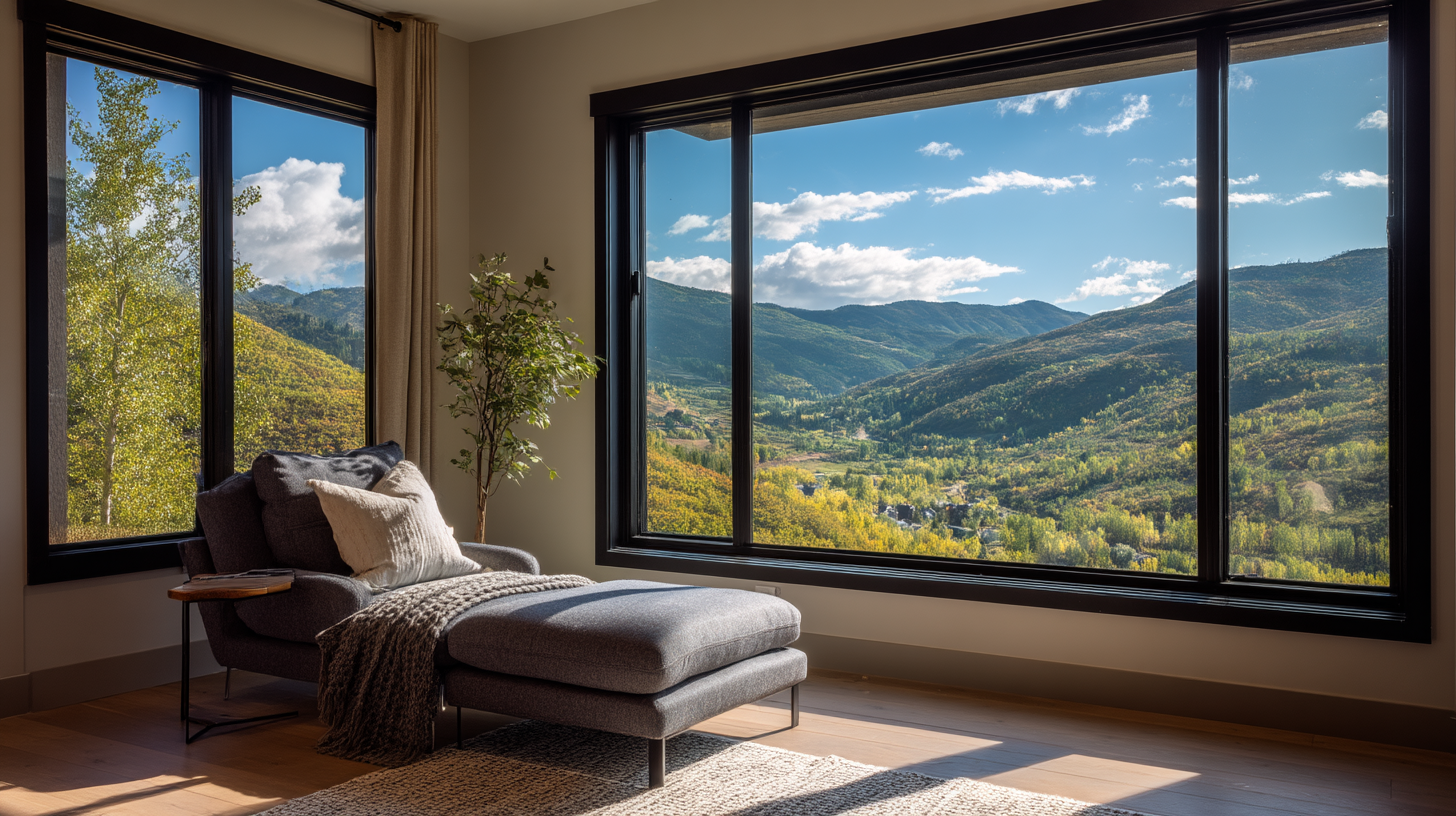
To ensure you get performance, avoid low quality options, and get the full benefits of vinyl, look for:
We at Pro Superior Construction partner only with trusted brands that deliver on these standards so you don’t have to worry about hidden compromises.
Even a well‑engineered window can underperform if installed poorly. Because vinyl expands and contracts more than rigid materials, installation must allow movement, proper sealing, and correct anchoring. Mistakes like misalignment, inadequate flashings, or over-tight fastening can lead to leaks, drafts, and warping.
At Pro Superior, every window replacement is handled by trained installers who follow manufacturer protocols, ensure proper shimming and sealing, and verify a perfect fit for long term performance.
Prices vary by size, glass package, and features. Standard vinyl windows generally range from $600 to $1,200 per window installed in many markets. Custom sizes, specialty glass, or color upgrades push that higher.
Yes. Modern vinyl windows, with UV stabilizers and proper glass, handle high heat well and resist warping or fading. Many perform strongly in hot areas when properly designed.
Absolutely. Because of improved energy efficiency, curb appeal, and lower maintenance, vinyl windows can make a home more attractive to buyers and justify a higher asking price.
Generally no. Vinyl windows are not designed for repainting. Painting can void warranties and cause failures. That’s why selecting your color options up front is important.
Vinyl performs well in cold climates too. The multi‑chamber frame and upgraded glass help resist heat loss. Proper sealing is essential to avoid condensation or cold drafts.
Yes, provided you choose high quality vinyl windows with premium glass, strong reinforcement, and select manufacturers. For ultra-luxury or very custom aesthetics, other materials may still be considered, but vinyl continues to compete strongly.
We believe vinyl windows are a compelling solution for many homeowners. We focus on:
If you’re ready to upgrade to energy efficient, low maintenance, and durable replacement windows, contact us today. We’ll help you choose the best options and deliver the perfect fit for your home.
Let us help you make an informed decision on what are vinyl windows and how they compare to other materials, so your next window project is a lasting success.